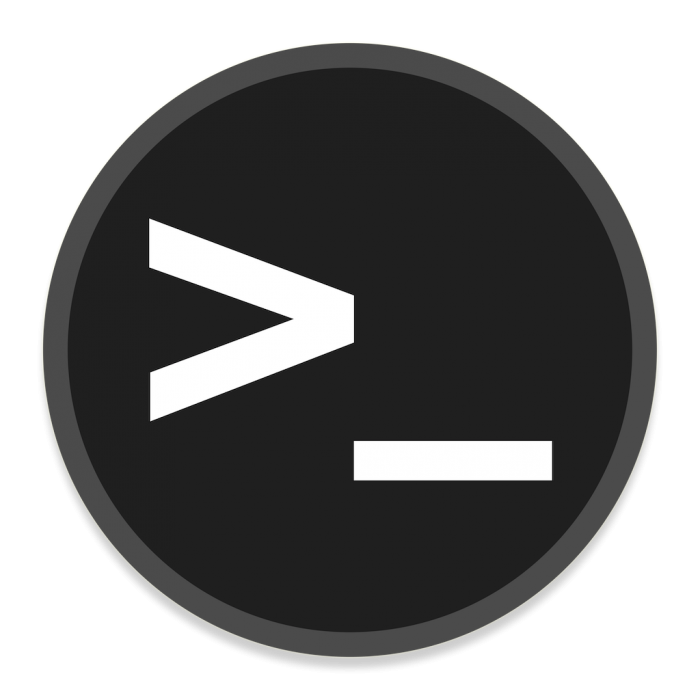One of my favorite command line tips: you can add ‘comments’ full of keywords to shell commands, which makes searching your command history easier.
> obscure-cmd --with-weird-flags -Qdt # searchable comment keywords
Presumably you’re using something like fzf for history search, but this is still useful without it.
This is especially useful for cli tools with obscure names/flags, or when you can’t remember where a particular log file is.
Some examples from my history:
tail awesomewm logs:
tail -f ~/.cache/awesome/logs -n 2000 # tail follow log awesomewm
fix linux clock drift:
sudo ntpd -qg && sudo hwclock --systohc # fix linux clock time drift
copy ngrok public url to clipboard:
curl -s http://localhost:4040/api/tunnels | jq ".tunnels[0].public_url" | tr -d '"' | tr -d '\n' | xclip -selection clipboard -i # fetch ngrok url uri, copy to clipboard
sign ssh and gpg, then refresh the emacs keychain env:
keychain --agents gpg,ssh --eval id_rsa <some-gpg-id> && emacsclient -e '(keychain-refresh-environment)' # sign ssh,gpg password, refresh emacs env
Another gpg one:
git config commit.gpgsign false # disable gpg signing for this repo
Pacman/pamac commands, like listing orphaned packages:
pacman -Qdt # list orphans
pamac list -o # list orphans
xprop - super useful for debugging window management, for some reason i can never remember what it’s called:
xprop # mouse click window x11 linux describe info client helper whateveritscalled
Some helpers from my clawe project:
bb --config ~/russmatney/clawe/bb.edn -x clawe.sxhkd.bindings/reset-bindings # reset sxhkd bindings
bb --config ~/russmatney/clawe/bb.edn -x clawe.restart/reload # reload clawe
Aliases come to mind as well - in some cases that might be a better fit. I like this because it’s so low-lift.


The simple and probably better answer is that you can just
vim ~/.zsh_historyand search for/delete the lines directly.Buuuuut! I wrote zsh command for doing exactly that a few years ago (in my dotfiles, but i’ve pasted it below as well):
################################################################################ # Delete from history via fzf ################################################################################ # https://superuser.com/questions/1316668/zsh-bash-delete-specific-lines-from-history function delete-command () { # Prevent the specified history line from being saved. local HISTORY_IGNORE="${(b)$(fc -ln $1 $1)}" # Write out the history to file, excluding lines that match `$HISTORY_IGNORE`. fc -W # Dispose of the current history and read the new history from file. fc -p "$HISTFILE" "$HISTSIZE" "$SAVEHIST" # TA-DA! print "Deleted '$HISTORY_IGNORE' from history." } function pick_from_history () { history | fzf --tac --tiebreak=index | perl -ne 'm/^\s*([0-9]+)/ and print "$1"' } function delete_from_history () { delete-command "$(pick_from_history)" }It uses
fzfto filter and select a command to delete. It’s cool but might be slow b/c you’re doing it one at a time. It also may depend on your zsh config (i think thehistorycommand i’m using there comes from ohmyzsh, but i’m not too sure).I tried it, it’s nice, thank you man! I’m on zsh, so I have to add
history 0inpick_from_historytho. It would be nicer if it allows continuous deletion and not need to rerun every time. Btw, even when I delete it locally it wouldn’t delete already synced history on Atuin, I guess I’ll take a look at that later.